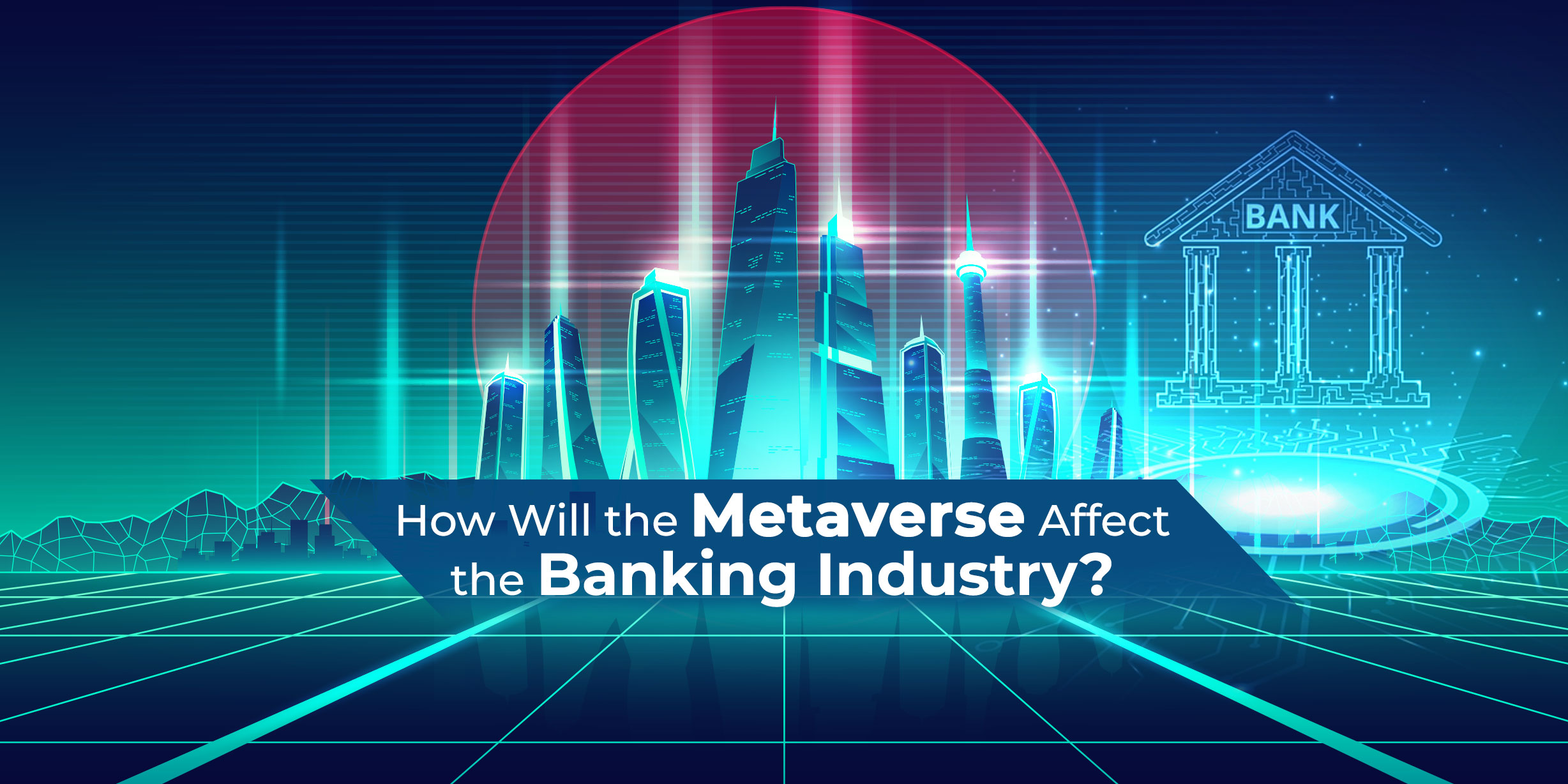Following the cloud and the rise of integrated technologies, the metaverse is among the trends defining the world today. It entails a decentralized, immersive platform that provides users with incredibly seamless digital experiences that could transform every aspect of their lives. This has major implications for payments and transactions of all kinds – i.e., the banking industry.
In a survey of global banking executives, Accenture found that 65% agreed that the metaverse will positively impact their organizations. 38% even expect the impact to be “breakthrough or transformational.” This is because the metaverse changes the very rubric on which transaction systems are based, as well as the experiential ecosystem in which they are housed. Let us understand this further with a few examples.
Leading Banks Making Moves in the Metaverse
The wealth and asset management arm of BFSI has been watching the metaverse segment with an eagle eye in the last few quarters. JP Morgan predicts that the market will open up a $1 trillion opportunity for investors and businesses with early movers witnessing significant gains.
Indeed, JP Morgan is the first bank to ever enter the metaverse, in the form of the newly opened Onyx lounge on the metaverse platform, Decentraland. Importantly, the bank’s metaverse play builds on its existing capabilities in decentralization and Web 3.0, since Onyx is JP Morgan’s existing business unit for blockchain, permissioned Ethereum services, non-fungible tokens (NFTs), and the like.
HSBC is another bank to invest in the metaverse, with its own immersive/disruptive technology portfolio and a plot of virtual land on The Sandbox. Similarly, Standard Chartered Bank has also acquired virtual land in The Sandbox’s Mega City district in April 2022. All of these moves beg a critical question – how will the metaverse affect the banking industry in the long term?
7 Implications of the Metaverse on Banking
JP Morgan’s predictions for the metaverse as a whole offer useful insights for the banking sector. The BFSI giant estimates that these immersive platforms will allow banking customers to transact, socialize, create, own, and experience in new ways. For banks, this means:
1. Greater support for crypto transactions
The metaverse is built on distributed ledger technology or blockchain, which means that every transaction decision is based on a cryptocurrency system. As a result, banks and other financial institutions will have to adapt to crypto transactions and support the major digital wallets that customers may be using.
2. NFTs as an increasingly regularized asset class
Even as banking customers make deposits, policy payments, and mortgage payments in crypto, they will also want to invest in NFTs. Eventually, this will operate similar to how real-world property operates today, and customers may want to invest in both NFT “art” as well as virtual land. Working with regulatory bodies, banks will convert into a mainstream asset class.
3. Another platform added to the channel mix
As the penetration of immersive technology increases, customers will expect a bank’s digital presence to extend to the metaverse. Just like a mobile app, a chatbot service, and an online banking platform are must-haves today, a virtual banking branch could become a business imperative in the next couple of decades.
4. Reimagined wealth-building strategies
Banks’ financial advice – both for high-value investors as well as for entry-level or retail consumers – must encompass the metaverse. This includes exchange-traded funds (ETF) and mutual funds trading in metaverse companies, emerging crypto assets, and the like. Commercial wealth building, in particular, will be significantly influenced by this technology.
5. Seamless customer experiences as the default
As we embrace the next generation of digital innovations, the previous generation must mature. In other words, existing systems like online applications and payments, robo-advisors, automated financial advice, intuitive information search, etc., must come of age. Over the next few years, we will see customer experience become more seamless in preparation for metaverse implementation.
6. A volatile regulatory environment
A potential roadblock that experts anticipate is the regulatory environment. Currently, crypto transactions remain unregulated in most parts of the world and the metaverse as a well-defined technology category is yet to arise. It is only recently that the SEC has approved a blockchain-based exchange, but the regulatory environment will remain volatile in the near future.
7. The rise of Web 3.0-compatible banking systems
To adapt to the metaverse, financial institutions will need new core banking systems that are compatible with Web 3.0. In contrast to Web 2.0 (i.e., the social internet that we use today), Web 3.0 will be infinitely more democratized and decentralized. This requires a complete rewiring of back-end systems, just like the transformation witnessed during the social media era of banking.
How Will the Metaverse Impact Your Business? Talk to our Tech Gurus
For any BFSI business, the metaverse signals a paradigmatic shift. At the very foundational level, it will give birth to a new generation of customers that are crypto native and not only internet native – familiar with crypto transactions and immersive experiences in every sphere of their lives. Ultimately, metaverse banks will prove to be an essential enhancement, complementing your physical presence in the real world.
At Nexval, our team of over 1,000 subject matter experts and cross-functional digital teams work with mortgage and BFSI businesses to guide digital transformation. Our services in DevOps, data engineering, artificial intelligence, cloud-native platforms, and cybersecurity help you build the digital bedrock you need to stay agile and adaptive. If you are eager to know more about how the metaverse could impact your business, speak with our Tech Gurus today.



